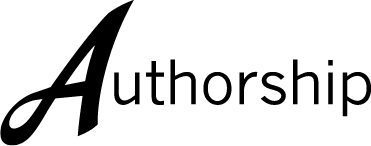Media Literate Catholics: Seeing, Reading and Writing in Early Modern Participatory Culture
- Feike Dietz (Utrecht University)
Abstract
In this article I use the concept of ‘media literacy’ – generally discussed in the context of new media – to analyse media ability and conversance in seventeenth century Catholic culture. In particular, I focus on an untitled and anonymous Dutch composite volume which combines handwritten texts, printed texts and images. By reconstructing the relationship between the manuscript and its printed sources, I argue that the composite volume was the result of a meditative reading and writing process in which fragments from the popular religious emblem book Pia Desideria (1624) and other contiguous printed books were combined in a new multimedial product, which may serve as a means to share (media) skills and knowledge, and to facilitate the meditation processes of future consumers. I demonstrate that literacies now associated with new media – such as the ability to actively participate in media practices, and to consult hypertexts – were vital to early modern Catholics who constructed their identity by using and producing media.
Keywords: authorship, remix, media literacy, Early Modern period, Catholic print culture, emblem books, produsers
How to Cite:
Dietz, F., (2013) “Media Literate Catholics: Seeing, Reading and Writing in Early Modern Participatory Culture”, Authorship 2(2). doi: https://doi.org/10.21825/aj.v2i2.791
Downloads:
Download PDF
View PDF
